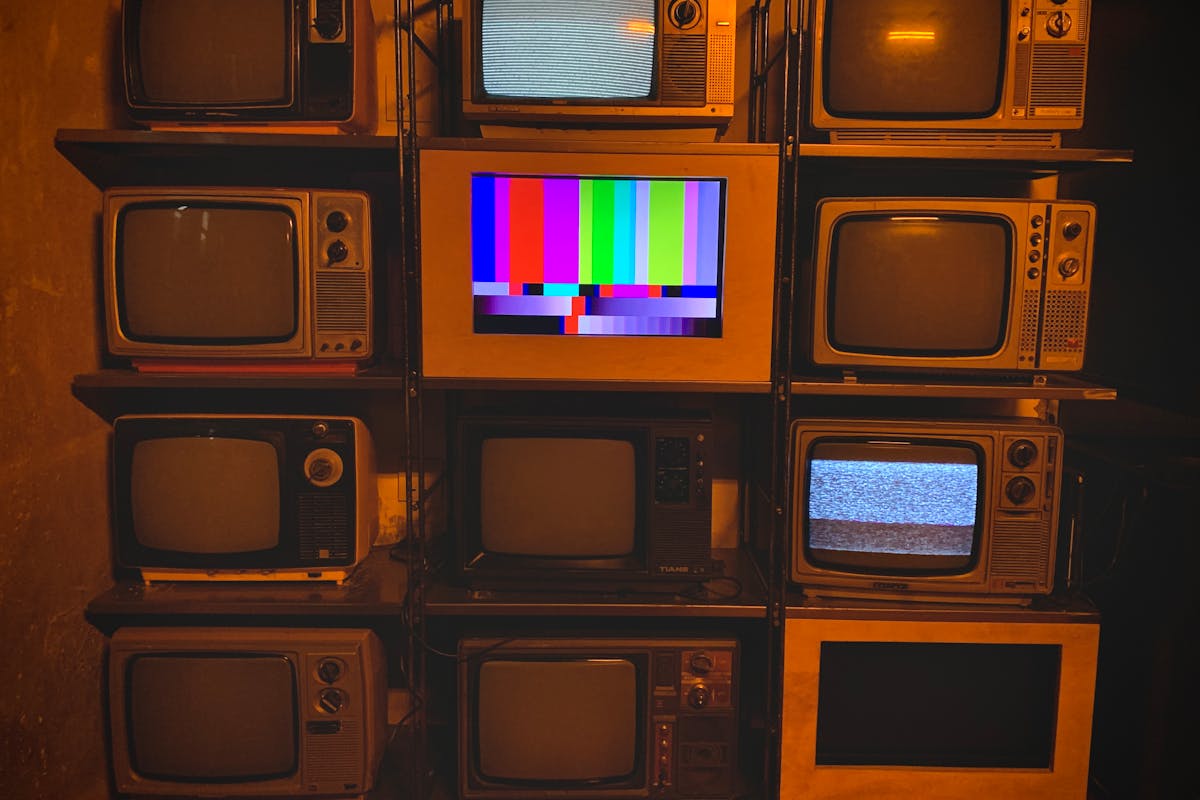Now on Netflix: Lucca’s World (2025)
There’s something so close to heart yet distant about this particular book-to-screen adaptation of Los Hemisferio de Lucca. The former can only be because I am a living example of cerebral palsy, even if I have the mild form. Where it departs is surely the severity and the different types of treatments accessible to the patient, protagonist Lucca.
Did you know that other complications can also arise once you’re diagnosed as having cerebral palsy, which is a lifelong endeavour. These can include problems with visual field, respiratory issues and the digestive tract. In the film, you can witness for yourself how Lucca has difficulty with food and has in some parts of the film thrown up. Even if parts of the film were dramatised, the main message still remains. The family, support unit is especially important for one who has had a difficult pregnancy/birth and when the consequences are for life.
Lucca needs not only different and frequent but also the right interventions, therapies and modalities – which is what most cerebral palsy cases and their caregivers struggle with. This is because no two cases are exactly the same. This is why as you can see in the film, Lucca is driven to many different sessions that sometimes attending to Lucca’s needs takes a toll on them – as usually one parent tends to shoulder more responsibilities in taking care of their child than the other.
Behind all these, is a mother who’s persistent in her journey to finding what’s best for her son, who turned out the way he did due to a difficult birth/pregnancy. While I can understand the mother’s character, like what many mothers and parents would do, at times it did feel a bit overwhelming for the viewer to sit through those scenes and follow along.
The fictional family involved, as shown in this film, are fortunate to have the assistance of a loving male sibling and a thoughtful caregiver. A sense of hope envelopes you as well as the family, even in the midst of financial hardship with the mother being replaced at the magazine publishing house she has been contributing to due to her devotion to her son along with the male head of the family who has gone through long periods of unemployment.
The trip to India for a miracle cure is not new. However, viewers get quite a good view of the Indian culture and its people – especially coming from places where the Indian community is absent. Eventually, viewers learn of a shady doctor making it much, much harder for Lucca to access to care.
The highlight for me was when Coldplay’s Fix You was borrowed for use in this film. I think that despite it being a popular song, its placing in this film at the right moment helped a lot – for viewers to feel everything all at once, while gulping in the lyrics – with care.
Audio is mainly in Spanish, with some English and lingo related to the Indian rituals and way of life.









Showing 0 comments